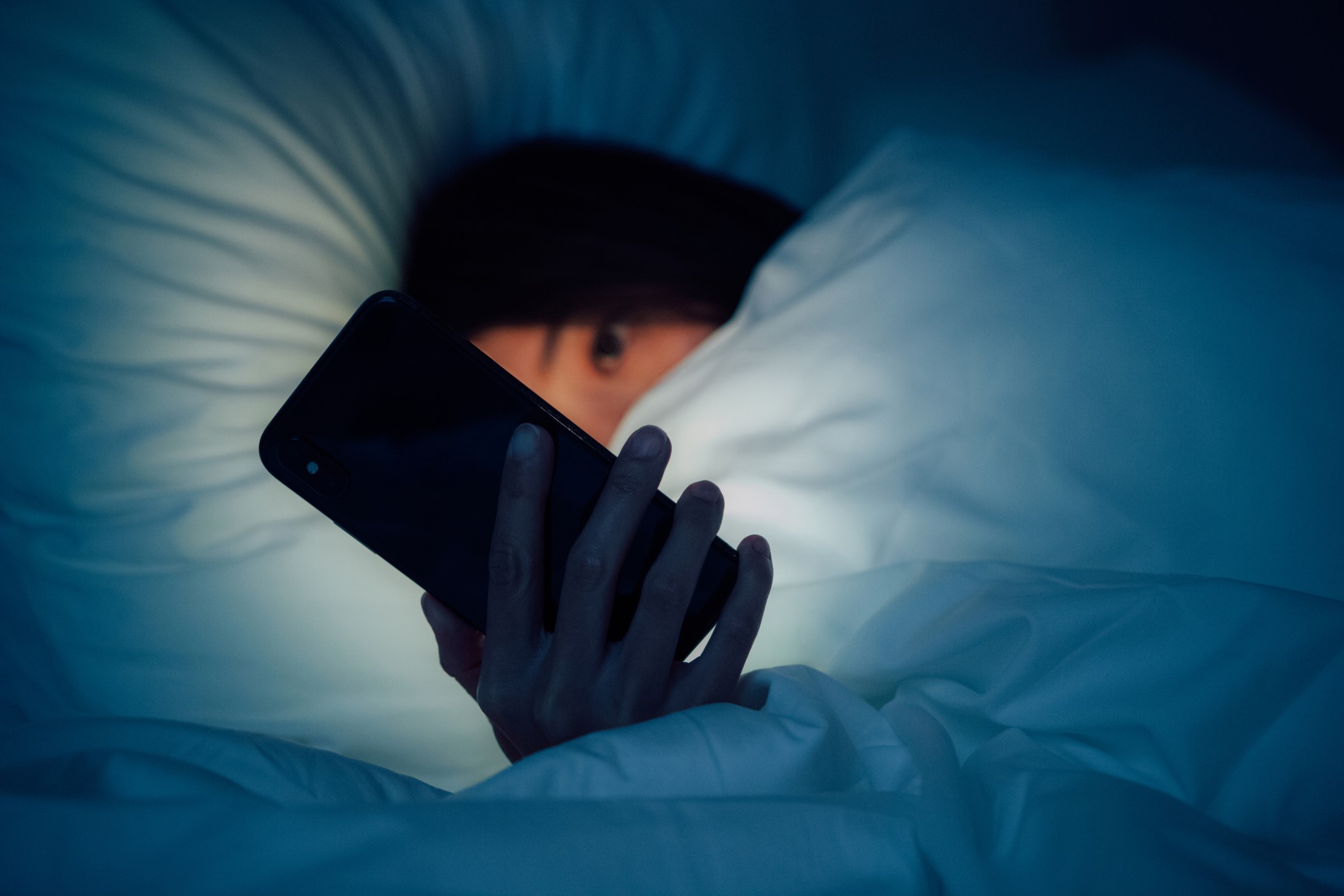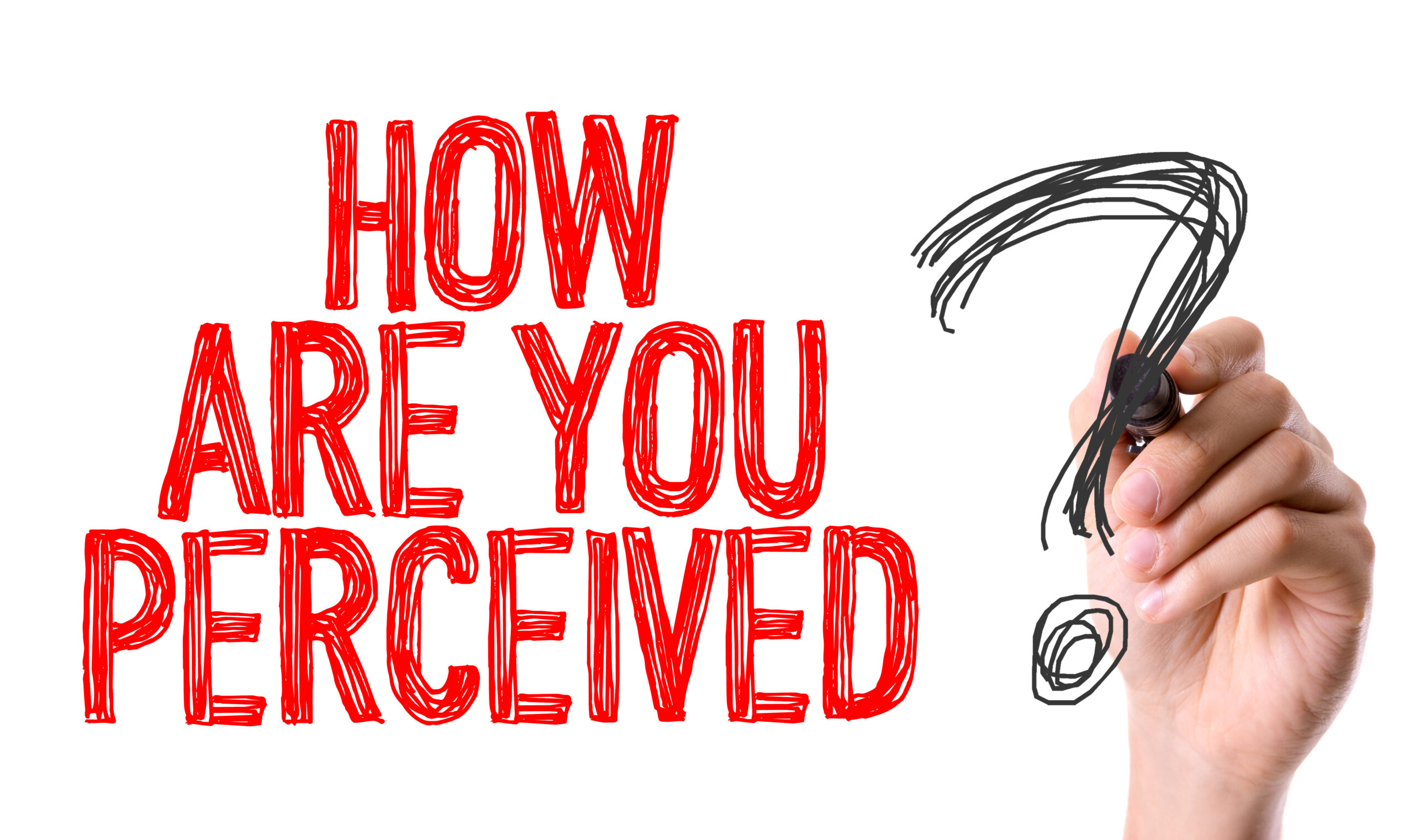Schools Sue Social Media Platforms Over Mental Health Harm
In a lawsuit filed in U.S. District Court, Seattle Public Schools (SPS) alleges that the companies that own TikTok, Instagram, Facebook, YouTube, and Snapchat are responsible for the mental health crisis affecting its students.
Likening social media to a “public nuisance,” SPS is asking the court to stop the social media platforms from targeting young people with harmful content and for the social media companies to pay for the costs of health care and social services that result from the alleged negative impacts of social media.
What Is a Public Nuisance?
A public nuisance is an interference that has the potential to harm the health, safety, or welfare of the general public. Plaintiffs in a public nuisance lawsuit typically seek “abatement” (stopping) of the harm along with monetary damages.
Recent public nuisance lawsuits regarding the U.S. opioid crisis have had mixed results at trial. Some lawsuits alleging that drug manufacturers created a public nuisance by marketing and distributing addictive drugs have failed, although lawsuits alleging that drugstore chains created a public nuisance by over-dispensing opioids have succeeded. Other public nuisance cases brought against opioid manufacturers and drugstores have resulted in settlements.
Before filing the social media lawsuit, SPS was among a group of school districts that filed public nuisance lawsuits against Juul Labs, the manufacturer of e-cigarettes. In those cases, the school districts asked Juul to stop marketing their products to children and to pay for addiction treatment and prevention. The cases settled for undisclosed amounts.
The SPS social media lawsuit alleges that social media companies are pushing harmful content to students via their algorithms and that viewing this content has resulted in a measurable increase in anxiety, depression, disordered eating, and cyberbullying among children and teenagers. SPS also alleges that the increase in emotional and behavioral issues faced by students have forced schools to hire more mental health professionals and provide more training to teachers.
In a public response to the lawsuit, Snap stated that the company allows some parental monitoring of accounts and provides links to social services and crisis hotlines. Google, on behalf of YouTube, also stated that it allows for parent monitoring of content on children’s accounts.
Regardless of whether SPS can prove that social media companies are responsible for creating a public nuisance, there is growing evidence that social media can make children feel worse about themselves. Psychology professors Jonathan Haidt and Jean Twenge have reviewed numerous studies regarding social media use and have recognized a link between increased social media usage and poor mental health outcomes.
And there is reason to believe that courts may also be willing to recognize this link in future cases. In a landmark 2022 ruling, a coroner’s court in the United Kingdom investigated the death of 14-year-old Molly Russell and concluded that she “died from an act of self-harm while suffering from depression and the negative effects of online content” found on Facebook and Pinterest.
Of course, how U.K. courts rule will have no effect on the outcome in this case, but it could signify that social media companies are looking at a tougher legal and regulatory environment.
Related Resources:
You Don’t Have To Solve This on Your Own – Get a Lawyer’s Help
Meeting with a lawyer can help you understand your options and how to best protect your rights. Visit our attorney directory to find a lawyer near you who can help.






